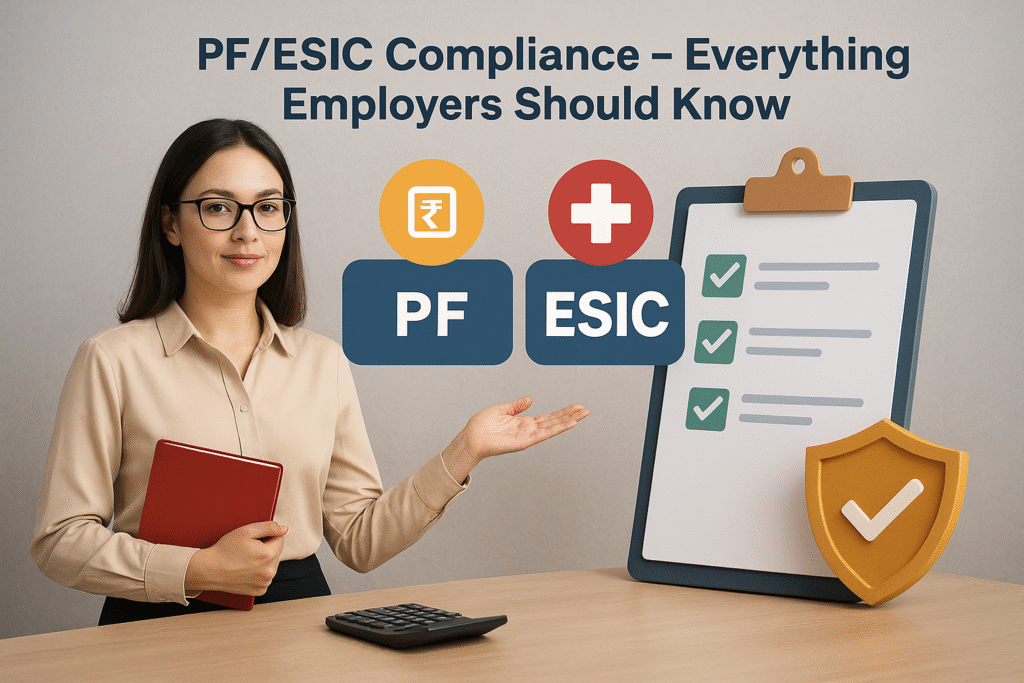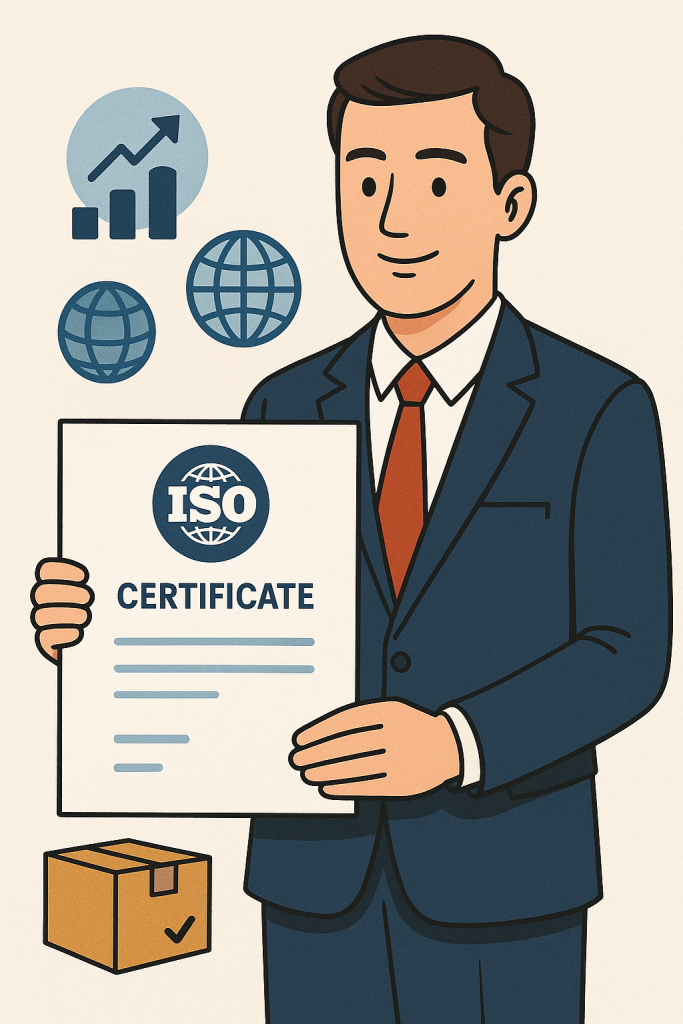Managing employee welfare is a legal responsibility for every employer in India. Two key compliance requirements are Provident Fund (PF) and Employees’ State Insurance Corporation (ESIC). Here’s what you need to know:
What is PF Compliance?
Provident Fund (PF) is a retirement savings scheme under the EPF Act, 1952.
- Applicability: Companies with 20 or more employees must register.
- Employer Contribution: 12% of basic salary (shared by employer & employee).
- Monthly Filing: Employers must deposit PF contributions before the 15th of each month.
What is ESIC Compliance?
ESIC provides medical and cash benefits to employees under the ESI Act, 1948.
- Applicability: Companies with 10 or more employees (in some states, 20).
- Contribution:
- Employer: 3.25% of wages
- Employee: 0.75% of wages
- Coverage: Employees earning up to ₹21,000/month.
Employer Responsibilities
- Register the company under PF & ESIC once threshold is met.
- Deduct and deposit contributions on time.
- File monthly returns via the EPFO and ESIC portals.
- Maintain records for audits.
Penalties for Non-Compliance
- Delay in payment leads to interest & damages.
- Non-compliance may result in legal penalties or prosecution.
Why Compliance Matters
PF and ESIC ensure employee welfare, legal protection, and smooth business operations. Ignoring them can lead to heavy penalties and legal trouble.





